Doug Standley Troublemaker at niolabs
Doug Standley has amassed a lot of firsts:
- Back in 1999, he was the first to write about what today is called distributed computing.
- He was the first to tell clients they were stuck in a model based on supply economics, not demand economics. They were using slow systems while the world was working in real time.
- Doug wrote the first 3 articles in Deloitte’s first annual trends publication.
- He was the first Deloitte Fellow.
- He led his Deloitte technology team to build the first fully interoperable distribution center in a retail store.
- He led his niolabs team to engineer the first farm in the world that’s fully autonomous, powered only by niolab’s software.
Remember QR codes? RFID? Other hyped technologies that were going to “change the world?” They didn’t.
During the years from 2004 to 2013, companies were spending tons of money on technologies based on a model of supply economics, not demand economics. All the systems were painfully slow. They were also doomed to become cumbersome legacy nightmares.
Doug Standley told me several great stories about leading a team at Deloitte Consulting for 10 years helping companies understand digitization and building successful implementations. While this was wildly successful for Doug and for Deloitte, the leadership decided Doug needed to “productize” what he was offering. That’s a perfect example of old thinking dragging down new thinking and driving a troublemaker crazy.
Doug was drawn to do a podcast episode with me in part due to his reputation of being a skud missile during his time at Deloitte. He equates being a troublemaker to being brutally honest with people. You’ll hear lots of examples of his candor.
Now Doug has fixed his gaze on a crisis in the world’s water infrastructure as well as the mismanagement of this vital resource. Farming uses about 70% of the world’s fresh water, and it wastes about 70% of that water. Compare that to niolab’s winery in southern Arizona which is using only 1/3rd of the water used by Napa’s vineyards. It’s the only autonomous vineyard in the world.
Learn more

